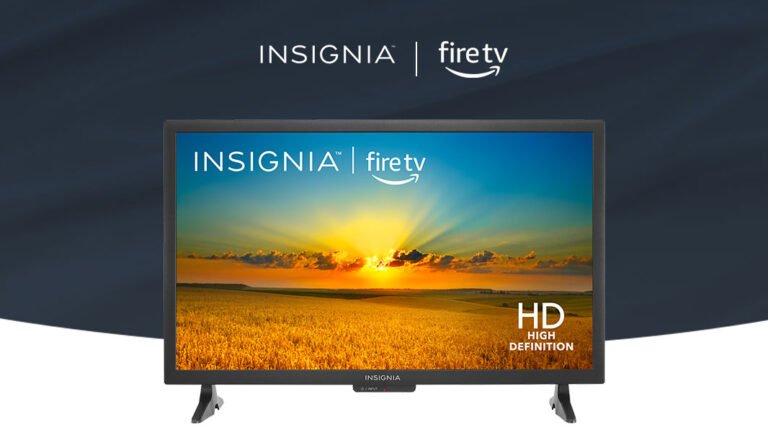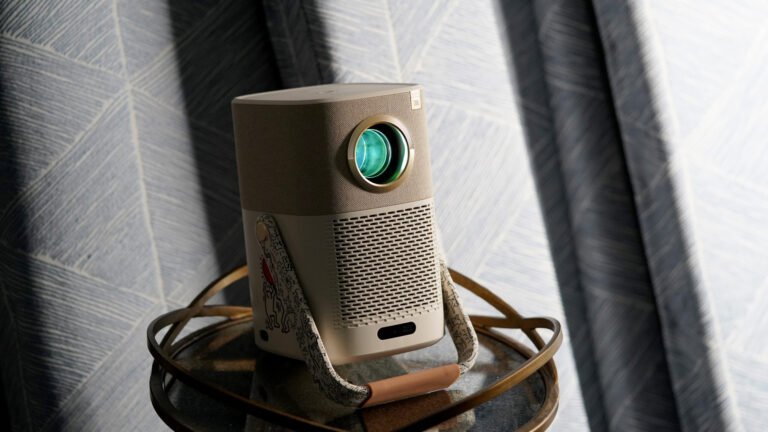

Say what you will about Donald Trump, but the man is relentless. From real estate to reality TV, from vodka to now mobile plans, he’s never shied away from attaching his name to a new venture. Trump Mobile is just the latest chapter in a long-running saga of Trump business failures, which is a legacy built not on lasting innovation, but on branding blitzes that fizzle out just as quickly as they launched.
It’s easy to laugh, but there’s a logic to it. For all his bluster and bankruptcies, Trump shares one trait with American business titans like Rockefeller, Hughes, and Ford: an obsession with legacy. The difference is, while they left behind industries, Trump is leaving behind trademarks plastered across casinos, bottled water, a defunct university, and now, a cellphone network.
Trump Mobile: A Great Deal To Be Had?
But if we strip the politics out and judge it purely on value, Trump Mobile feels like another Trump business failure in the making. The pricing alone makes that clear. The “47 Plan” costs $47.45 a month, a nod to Trump being the 45th and 47th President of the United States. Clever, sure. But competitive? Not even close.
Take US Mobile, for example. Their Unlimited Flex plan only costs $17.50 a month and gives you 10GB of high-speed data, plus hotspot support. Mint Mobile offers 15GB of data for just $20, and that comes with free calls to Canada, Mexico, and the UK. Even T-Mobile’s Essentials 55 plan, which is geared toward seniors, gives you 50GB of data for $45. No political branding. Just a reliable service and straightforward terms.
Even Liberty Wireless, the actual network powering Trump Mobile, sells a similar plan for $40. Trump’s version tacks on vague extras like roadside assistance and telehealth sessions. So what exactly are you paying for? A gold phone with a flag on it and a bill that reads more like a campaign bumper sticker than a wireless plan.
Trump’s T1 Phone, The American Promise
Trump Mobile isn’t just selling wireless service. It’s also offering a phone. Trump Mobile advertises the T1, priced at $499, as a device designed and built in the USA. That sounds patriotic, but experts aren’t convinced.
On paper, the T1’s specs are fine. It has a 6.78-inch AMOLED display, a 120Hz refresh rate, a 50MP primary camera, 12GB of RAM, and a 5,000mAh battery. It runs Android 15 and includes a headphone jack, which is a rarity nowadays. But the site doesn’t list the processor. It also confuses RAM with storage and calls the battery a “long life camera,” which doesn’t inspire confidence. These specs might sound impressive to someone not paying attention, but similar phones can be found online for around $200.
More importantly, the “Made in the USA” claim is questionable. Some analysts have pointed out that the T1 looks eeriely a lot like existing Chinese-made phones, including the Revvl 7 Pro 5G. Some even suspect it’s just a rebranded model. Even Eric Trump seems to walk back the promise, telling conservative media personality Benny Johnson that “eventually all the phones can be built in the United States.”
This all comes while Trump continues to pressure companies like Apple to bring manufacturing back to the US, despite clear logistical and economic hurdles. Experts, including those who actually attempt US production, say it’s almost impossible without foreign components.
A History of Trump Business Failures
It started innocently enough. In 1988, Trump released a board game called Trump: The Game, riding the wave of his public persona. Trump designed it to compete with Monopoly and offer a high-stakes business experience. But it flopped, selling less than half the expected units before disappearing from shelves. At the time, it just looked like a businessman trying something new and missing the mark. A rite of passage, maybe.
But then it kept happening.
There was Trump Shuttle, a short-lived airline that offered plush interiors, gold accents, and promises of luxury. It collapsed under debt and was handed over to creditors. The Trump Taj Mahal, once hyped as the world’s eighth wonder, went bankrupt in a year, along with his other Atlantic City casinos. The hospitality empire he touted as proof of his business acumen filed for bankruptcy multiple times across the 1990s and 2000s.
At that time, gaming industry financial analyst Marvin Roffman said it wasn’t sustainable. But did Trump listen? No. Instead, he said Roffman had “no vision.” Roffman recalled his conversation with Trump. “I said, ‘Well, why would you want to have three casinos? One is going to cannibalize the other,’ and here was his response: ‘Marvin, you have no vision. This is going to be a monster property.’ And those were the exact words.” Famous last words, indeed.
Then came Trump Mortgage, launched just before the housing market crashed. It lasted barely a year. Trump University promised real estate mentorships but instead delivered lawsuits and a $25 million settlement. And there were others: Trump Steaks, Trump Vodka, Trump Magazine, GoTrump.com, Trump Ice, The Trump Network. All were loud launches, all had quiet endings.
Even Republican Senator Marco Rubio pointed out those failures ahead of Trump’s first presidential run. “Ever heard of Trump steak or Trump vodka? Take a look at Trump Steaks. Trump Steaks is gone. You have ruined these companies.”
At first, these failures looked like ordinary miscalculations. But with each new collapse, it became harder to ignore the pattern. The focus was always on branding and bluster, rarely on long-term value or execution.
Now, with Trump Mobile, the cycle repeats. A flashy launch, an overpriced product, and very little to show for it under the hood. It feels familiar because it is.
These aren’t isolated missteps. Trump business failures have become the defining feature of his entrepreneurial legacy, pretty much the opposite of what he had intended to begin with.
What Trump Mobile Really Tells Us
Trump Mobile is more than just a phone plan or a rebranded Android device. It is a symbol. Not of innovation, but of repetition. It follows the same pattern we have seen in countless Trump business failures. A flashy launch. A patriotic pitch. A product that struggles to justify its price.
But something is different now. Trump is no longer just a businessman or a reality TV personality. He rebranded himself as the President of the United States. That role expanded and elevated his reach and gave him a base more loyal and energized than ever before. With Trump Mobile, he is not just selling service. He is selling identity, wrapped in the American flag.
This raises a real question. Can branding and loyalty alone keep a business going? Will his supporters pay premium prices for a product that is underwhelming compared to the competition, simply because Trump’s name is on the box? The history of Trump business failures suggests otherwise. In the end, markets only care about value. Customers expect quality. And capitalism is not kind to products that can’t compete.
Trump Mobile does not represent a new chapter. It continues the same story. High prices, vague promises, and a repackaged product already available for less elsewhere. It is a business decision that banks on loyalty rather than merit.
The only real difference this time is scale. Trump is not just launching a product. He is testing how far a brand can go when belief outweighs substance.
The post Trump Mobile: The Latest Call in a Long Line of Business Failures appeared first on Android Headlines.


